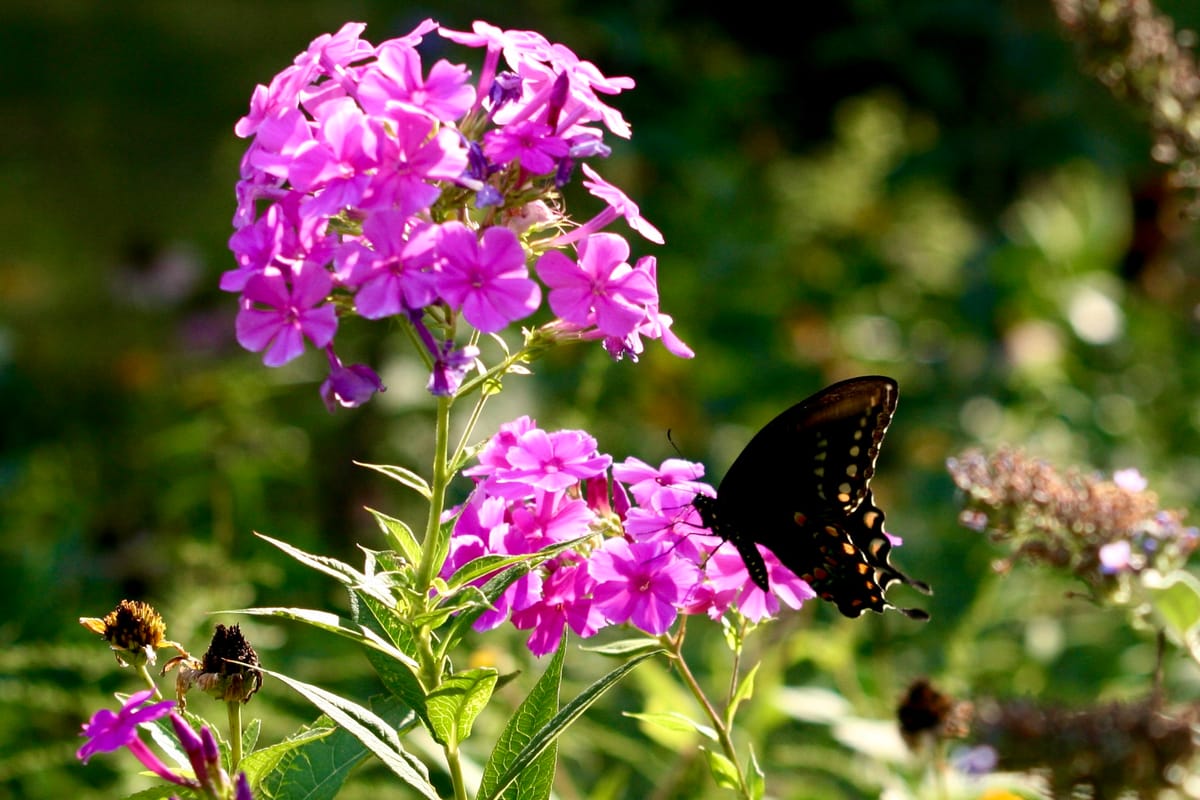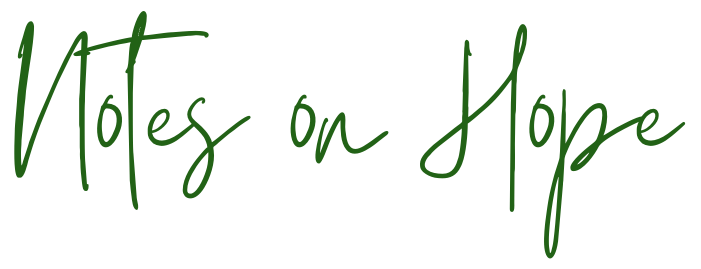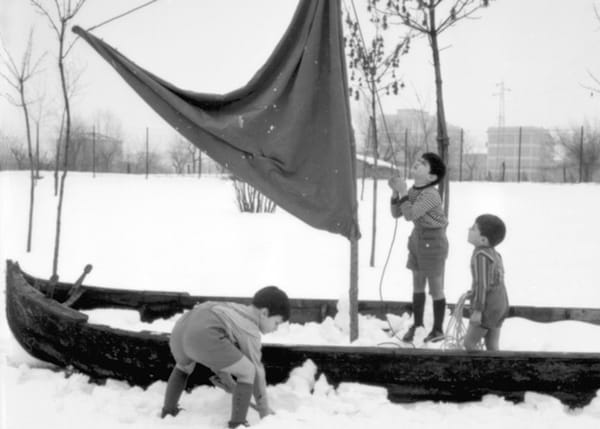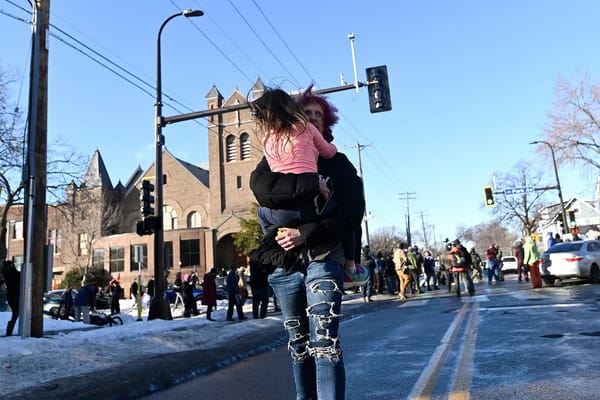Growing As Our Children Grow
Sometimes we all need a gentle nudge

“As some people age
they kinden.
The apertures
of their eyes widen.”
~Kay Ryan
A colleague shared a familiar beginning-of-the-school-year quandary with me recently. Some new preschool parents were requesting daily written updates on the very specific details of their children’s time at school—what exactly they ate, how often they used the bathroom, and how long they rested. This is a request I’ve fielded many times myself from parents making the transition from daycare to school. It tends to sit uncomfortably with preschool teachers, but I find it’s often difficult to articulate exactly why. It’s not that the task is particularly burdensome, and it is an appropriate practice in daycare, as these basic biological routines are central to the care of infants and young toddlers. So why does it make us uneasy when this request arises at the preschool door?
I think the difficulty lies in the fact that providing this level of detail on a child’s school day, though seemingly simple, is an artifact of their earliest months and years. That can be a tough message to share with parents, who are often longing to hold onto that time for just a little longer. Unlike pacifiers and diapers, which parents are usually eager to move beyond, the loss of these minute daily updates feels like a loss within our relationship to our child. And the change this shift requires is primarily in the adult, not the child. It’s one of the earliest moments of letting go, as our children’s needs are increasingly more social and intellectual than biological—a transition that can make them feel a little more removed from us. This shift tugs at the dynamic quality of growth as a relational experience. Their development requires us to grow and change as well.
Children’s growth is often so obvious it can feel startling. As a teacher, I remember noting that the children often appeared visibly taller when they returned to school after only one or two weeks on a break. And, as much as their development may seem painfully slow at times—when we’re desperate for them to sleep through the night or learn how to put a sock on in under twenty minutes—they can also shock us with skills that appear to materialize out of nowhere. When his son was a toddler, the writer Chuck Wendig joked, “I’m pretty sure that he has a midnight class with some ancient astronaut who shows up in a beam of light and instructs him on things I forgot to teach him.” It really does feel this way sometimes!
By comparison, adulthood can feel extremely static, so it’s understandable that we often perceive ourselves as relatively unchanging, having arrived at something approximating a final draft. Researchers refer to this as the end-of-history illusion, which is the tendency to perceive ourselves as having changed more in the past than we will in the future. It’s an illusion, of course, because we will continue to change.
One of the great exceptions to this illusion in the cultural narrative is becoming a parent. The entry into parenthood is almost always described as a life changing metamorphosis of identity. While this transformational shift can certainly feel radical at the outset, as though we step through a portal that transports us from one reality into another, it is also a transition that sets us on a new path. And this new path fosters ongoing change that is not ours alone or our child’s, but a dance between parents and children. We each learn new steps, provoking pivots and new patterns in one another, and we both change.
This isn’t how the identity shift of parenthood is usually described, though. Rather, we tend to see our transition into parenthood as a big bang, in which our molecules are suddenly reorganized. But after that seismic first moment, we view transformation again as the province of childhood.
The problem with this model is that it is limiting, not only for us, but for our children as well. In order to change and grow, they need us to be able to adapt and change, too. The moments in parenting that ache a little, or that we resist, or where we experience tension with our children are often the ones that catch us trying to hold on, not only to the version of our child that existed yesterday, but also to the parent we were then. Instead of allowing ourselves to grow into the parent we need to be today, it is tempting to stay rooted in the version of ourselves that feels familiar.
And so, the disappearance of those little daily forms, tracking bottles consumed and diapers changed, can feel like a loss of connection and intimacy with our child’s experience, as well as with the parent we feel we’ve come to know how to be. But it is actually a signifier of growth, theirs and ours. Our children become a little more of the world, as they start school and begin to move out of the cocoon of infancy and toddlerhood. And, as they do, we also move out of that cocoon and start to become a new kind of parent.

Babies are balls of biological need. We are consumed, in the early days of parenting, by feeding and rocking, because infants are unable to nourish and regulate themselves. So we become nourishers and soothers, and we find ourselves gently rocking even when there is no baby in our arms. It becomes part of who we are. As these needs diminish with time and new needs arise, we become something new as well. We become playmates, conversation partners, band-aid providers, and at times disciplinarians. Then we are homework helpers, cheering audience members, and coaches. And eventually we are listeners and momentary buffers—the safe port, as more and more of their world extends beyond us.
And this transmogrification doesn’t move in only one direction, as we respond to their development. Their evolving needs and abilities cause us to adjust, surely. But we also set new expectations, introduce new experiences, and coax new skills that stretch our children further and change them. We transform each other.
There will be many moments like this across parenthood, as our children grow and we grow, too. And as teachers gently explain that there will be different forms of communication now—classroom newsletters, photos of budding friendships, parent-teacher conferences—they are nudging our adult development along, just as they will patiently nudge our children forward.
It’s easy to perceive ourselves as always responding to our children’s growth. But there is a give and take of change in any relationship, and ultimately, just as we are not who we were before our children were born, I also suspect that, when they are eight, we are not who we were when they were two, and, when they are fifteen, we are not who we were when they were ten. The nostalgia of looking back is as much about remembering our own prior iterations as theirs. It is the memory of a previous rhythm that we each played a part in creating, but that must give way to the emergence of new rhythms.
As parents, we often experience these shifts with a twinge of grief, and certainly there is some loss, as each step forward toward something new takes us a little farther away from what’s behind. But, as a teacher, when I explain children’s growth to parents, I describe it as widening circles, rather than a straight path. A child’s world expands over time. And, as cozy as that first little circle in the center is, I think we expand as well. Those early days will always live within us and within them, even as our world becomes bigger.
In The Dictionary of Obscure Sorrows, John Koenig writes:
“The word sadness originally meant ‘fullness’ from the same Latin root, satis, that also gave us sated and satisfaction. Not so long ago, to be sad meant you were filled to the brim with some intensity of experience. It wasn’t just a malfunction in the joy machine. It was a state of awareness—setting the focus to infinity and taking it all in, joy and grief all at once. When we speak of sadness these days, most of the time what we really mean is despair, which is literally defined as the absence of hope. But true sadness is actually the opposite, an exuberant upwelling that reminds you how fleeting and mysterious and open-ended life can be…And if you are lucky enough to feel sad, well, savor it while it lasts—if only because it means that you care about something in this world enough to let it under your skin.”
It’s hard to think of a better definition of parenting, or perhaps any significant relationship, than “an exuberant upwelling that reminds you how fleeting and mysterious and open-ended life can be.” The moments of letting go along the way may feel a little sad at times, but only because the people we love cause us to pulse with awareness of the fragility, yes, but also the expansiveness that life offers.
Wishing you ever widening circles,
Alicia
P.S. In follow up to last week’s post, I highly recommend reading this beautiful and important essay by Katie Mitchell, a high school teacher in Georgia.
If you think someone else in your life might enjoy reading Notes on Hope, please share. It’s always easier to hold onto hope when we’re not doing it alone.





